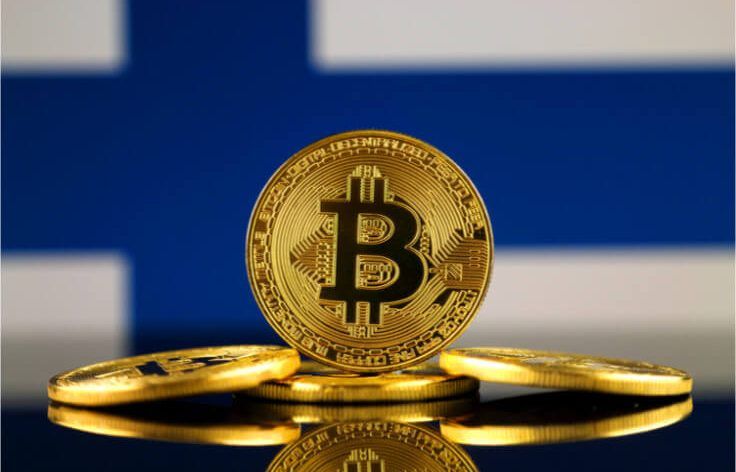
How to Buy Bitcoin in Finland
The crypto world is a rapidly evolving place and the Finnish tax authorities are working hard to figure out how to treat it. This means that investors who buy, sell or trade cryptocurrencies may have to pay taxes.
The best way to do this is to make sure you understand the tax laws and are aware of how they apply to a specific situation. This guide will help you understand the tax implications of buying, selling and trading cryptos in Finland.
How to buy
To buy bitcoin in Finland, you need to create an account with a crypto exchange. Most of the exchanges require verification of your identity, which is called Know Your Customer (KYC).
Once you’ve created an account, you can start buying coins by using a credit or debit card, or through a bank transfer. This can take a few minutes to days, depending on the exchange’s payment method.
After your account is verified, you can then start buying and selling coins on the exchange. However, it is recommended that you store your coins on your own personal hardware wallet to avoid potential security risks from hackers.
When buying or selling cryptocurrencies, it is important to find an exchange that offers reliable security, fast transactions, and low fees. The best Finnish exchanges for beginners are Capital and Pepperstone, both of which verify accounts instantly and offer easy-to-use trading platforms.
Exchanges
In Finland, the best exchanges for buying bitcoin are Pepperstone and Capital. They offer easy-to-use trading platforms, instant account verification and excellent customer support.
In addition, they offer a wide variety of payment methods, including credit/debit cards, SEPA, and Google Pay. They also provide security features to protect your funds and help you stay safe online.
Cryptocurrency exchanges in Finland must register with the FIN-FSA and comply with current laws. These laws are related to a company’s reliability and protection of client assets, anti-money laundering (AML), and combating the financing of terrorism (CFT) regulations.
If you’re an individual trader, you must report your gains to the Finnish Tax Administration. This can be done through an online form. The Tax Authority can track your transactions, so it’s important to document them thoroughly.

Wallets
Wallets are a type of online account that allows you to store your money and cryptocurrencies. Most wallets also have the ability to track your crypto transactions.
Using a digital wallet to buy cryptocurrency is a great way to avoid high fees charged by some exchanges. They also offer a number of security features, including multi-factor authentication and password encryption.
A digital wallet can be used to store credit cards, gift cards, membership and loyalty cards, coupons, event tickets and more. Moreover, many of these wallets have contactless payment options.
When buying crypto in Finland, it’s important to use a secure wallet that meets certain security standards. For example, Ledger’s nano device exceeds industry standards with tamper-resistant Certified Secure Element (SE) and Common Criteria (CC) EAL5+ chips that safeguard your private keys.
If you’re looking to buy bitcoin in Finland, the most popular exchanges include Coinbase and Binance. Both have a simple verification process and support multiple deposit methods.
Taxes
Finland is a country that is constantly on the cutting edge of technology. This is reflected in its attitude to bitcoin and other cryptocurrencies.
Cryptocurrency is regulated by the Financial Conduct Authority (FIN-FSA). Bybit’s https://www.bybit.com/en-US/ cryptocurrency exchange service providers are required to comply with anti-money laundering and anti-terrorist financing regulations.
Gains from trading are taxed as capital income, which is subject to a 30% tax on the amount up to EUR30,000 and a 34% tax for any amount exceeding this. Losses from selling cryptocurrencies are offset against the gains in the capital income calculation.
Finnish regulators have also classified bitcoin as a financial service, which gives it VAT-exempt status. This has set the country apart from most European jurisdictions, which typically treat bitcoin as a commodity.